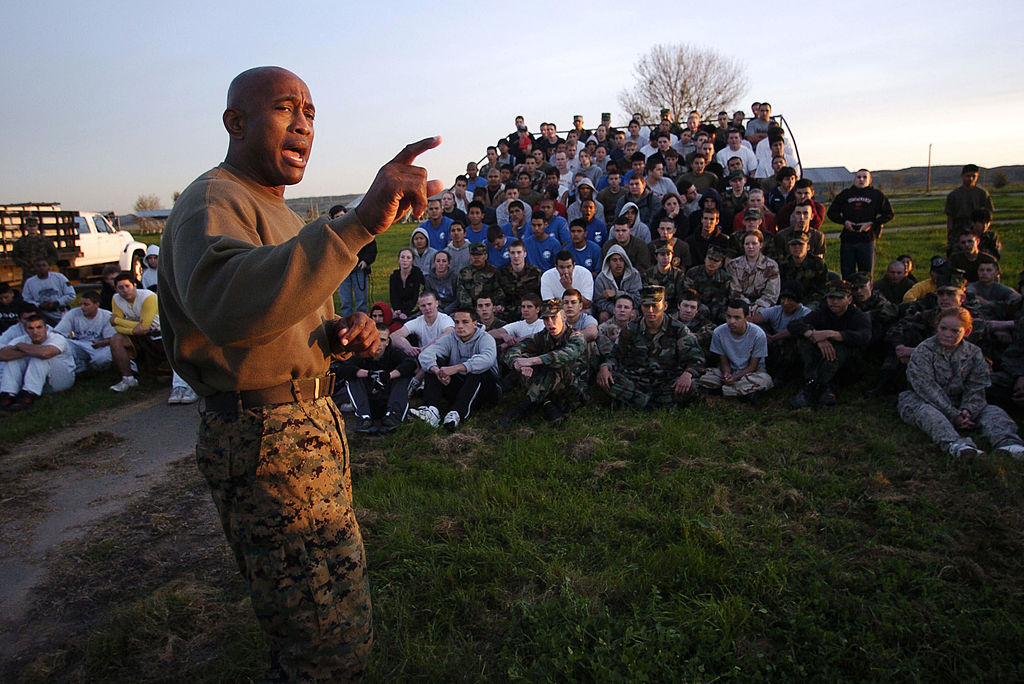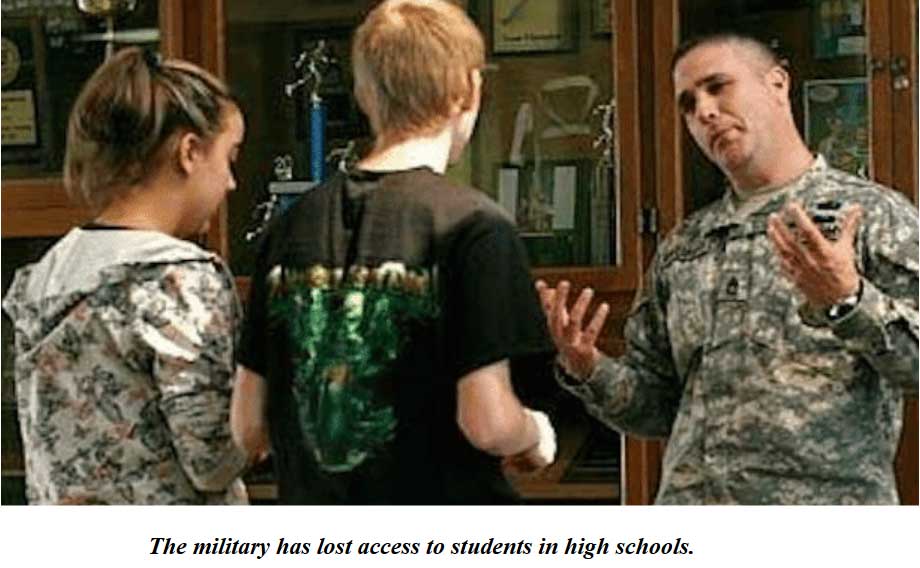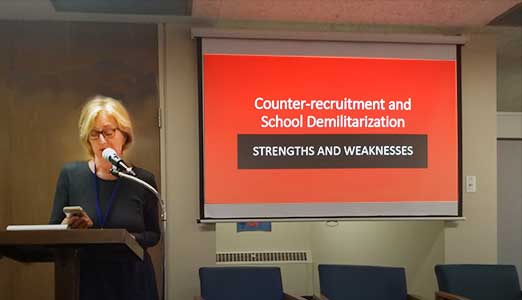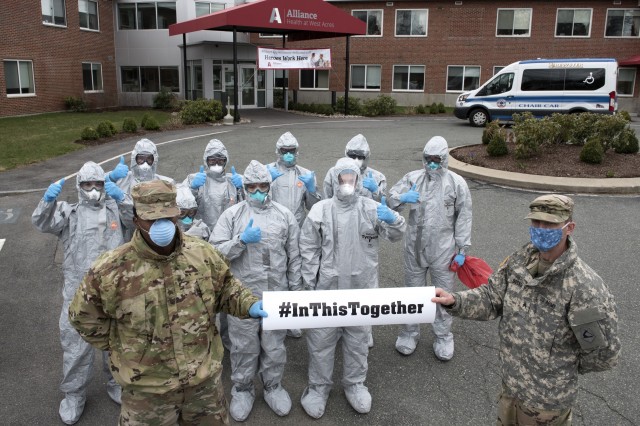www.nnomy.org/despojatucuerpo - in English
 CODEPINK, en asociación con una serie de grupos de paz y desarme, ha lanzado una campaña de desinversión para alentar a las universidades, organizaciones religiosas, fondos de jubilación, fondos mutuos, inversores privados y otras instituciones financieras en los Estados Unidos a tomar medidas para reducir los violentos conflictos mundiales. y frenar la hipermilitarización de nuestro mundo al deshacerse de la máquina de guerra de los Estados Unidos. La desinversión de War Machine significa la desinversión (eliminación de activos invertidos) de las compañías que obtienen sus ganancias al suministrar y beneficiarse de las intervenciones militares de los Estados Unidos, las expansiones y la militarización de nuestras calles. En otras palabras, estamos pidiendo la desinversión en las empresas que reciben grandes ganacias por matar.
CODEPINK, en asociación con una serie de grupos de paz y desarme, ha lanzado una campaña de desinversión para alentar a las universidades, organizaciones religiosas, fondos de jubilación, fondos mutuos, inversores privados y otras instituciones financieras en los Estados Unidos a tomar medidas para reducir los violentos conflictos mundiales. y frenar la hipermilitarización de nuestro mundo al deshacerse de la máquina de guerra de los Estados Unidos. La desinversión de War Machine significa la desinversión (eliminación de activos invertidos) de las compañías que obtienen sus ganancias al suministrar y beneficiarse de las intervenciones militares de los Estados Unidos, las expansiones y la militarización de nuestras calles. En otras palabras, estamos pidiendo la desinversión en las empresas que reciben grandes ganacias por matar.
La Red Nacional de Oposición a la Militarización de la Juventud está extendiendo esta desinversión más allá de cómo apoyamos la vasta y debilitante industria de la guerra con nuestros dólares para incluir la idea de desinvertir nuestros cuerpos. Por supuesto, desde un punto de vista humanista, su cuerpo no es un activo financiero, pero como tantas cosas en nuestro mundo contemporáneo, hemos sido reducidos de ciudadanos a consumidores. Y los militares nos tienen en cuenta en términos financieros: el costo de mantener nuestro entrenamiento, despliegue y, con demasiada frecuencia, nuestra salud de ser utilizados como soldados en guerras y conflictos interminables.



 COVID-19 ha impactado profundamente la forma en que los militares encuentran nuevos soldados. El comando de reclutamiento fue atrapado sin preparación para enfrentar la pandemia y se enfrenta a una nueva realidad desafiante.
COVID-19 ha impactado profundamente la forma en que los militares encuentran nuevos soldados. El comando de reclutamiento fue atrapado sin preparación para enfrentar la pandemia y se enfrenta a una nueva realidad desafiante. COVID-19 has profoundly impacted the way the military finds new soldiers. The recruiting command was caught unprepared to face the pandemic and is facing a challenging new reality.
COVID-19 has profoundly impacted the way the military finds new soldiers. The recruiting command was caught unprepared to face the pandemic and is facing a challenging new reality. 






